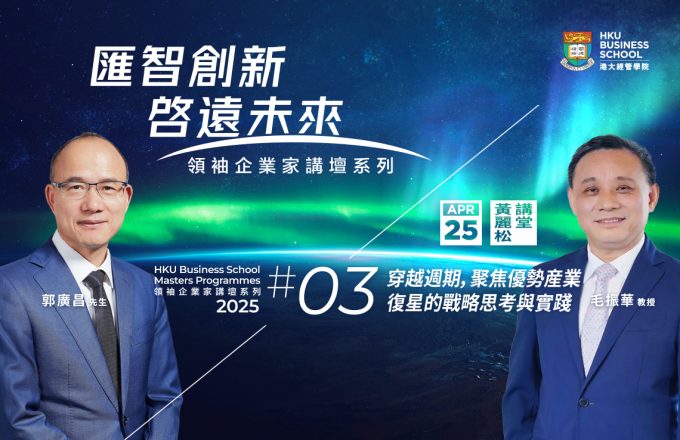Quantitative History Webinar Series – In Defense of Businessmen? The Political Economy of “the Rich Nourishing the Poor” in Ming-Qing China [Peng-sheng Chiu, Shanghai Jiao Tong University]
Between the mid-sixteenth and mid-nineteenth centuries, long-distance trade in China underwent great expansion. This was accompanied by the growth of a regional division of labor. During the past decade or two, it has become increasingly rare to see scholars deny the vigorous development of a market economy in China after the sixteenth century. However, it is still widely accepted that this market economy was insufficiently supported by the Ming and Qing governments, and that it was unable to further drive social and political changes because of the lack of adequate property-rights protection. This webinar will focus on the decline and fall of the “suppression of business” policy during the Ming and Qing dynasties, and in particular, introduce how tenets such as “fostering businessmen to benefit the peasantry” and “the rich nourishing the poor” were implemented in relevant policies and laws, and thus shaped important institutional change after the late-Ming period. These changes in the political economy of Ming-Qing China cannot be summed up in terms that directly correspond to the characteristics of a European “modern rational capitalism” or “modern society”; however, they constitute a noteworthy trajectory of “market evolution” in modern human history.
* The webinar will be conducted in Mandarin.
A new knowledge exchange platform for researchers and students in the field of Economic History. The interactive Webinars help researchers, teachers and students keep up to date with the latest research in the field. The Quantitative History Webinar Series is co-organised by the Asia Global Institute and Faculty of Business and Economics at HKU, and proudly supported by the International Society for Quantitative History.







